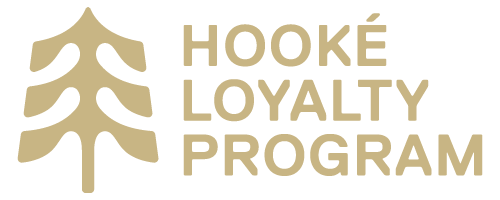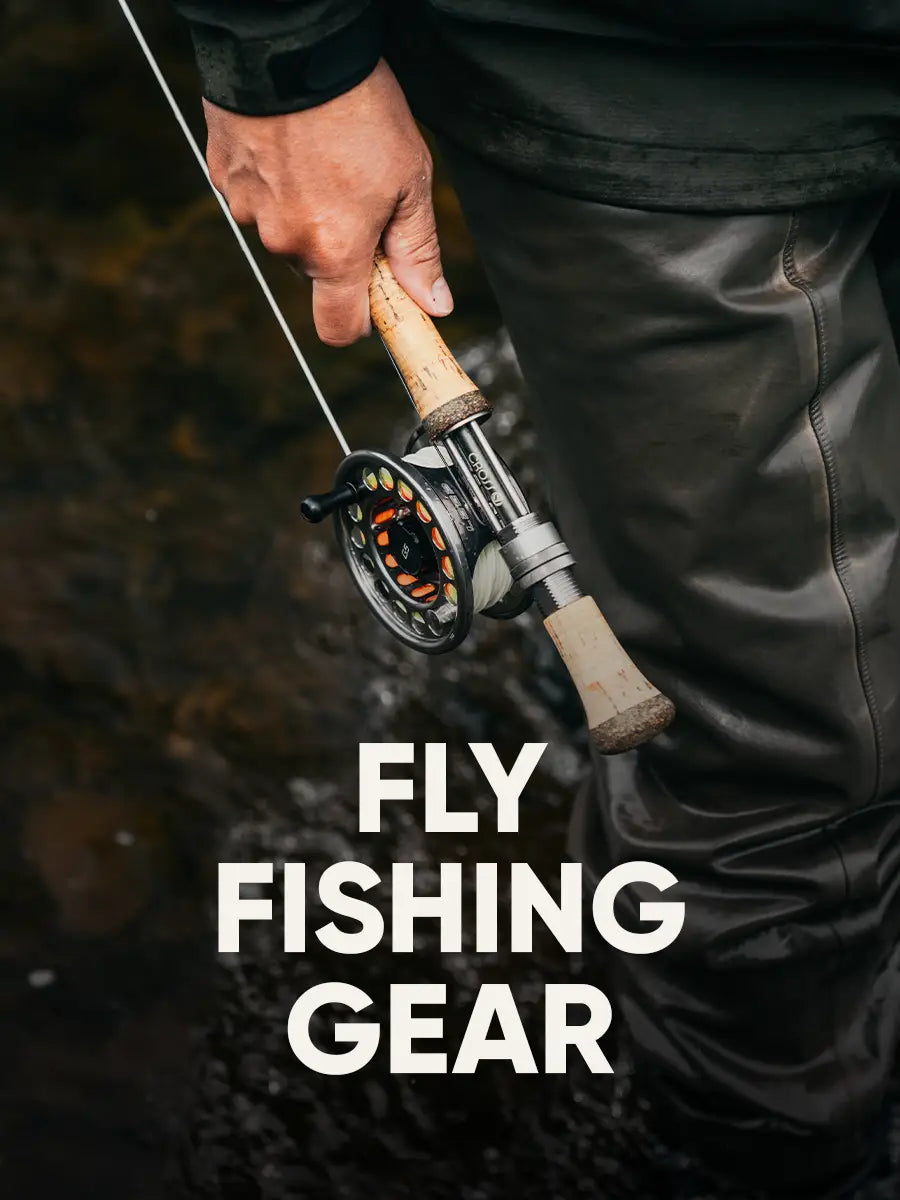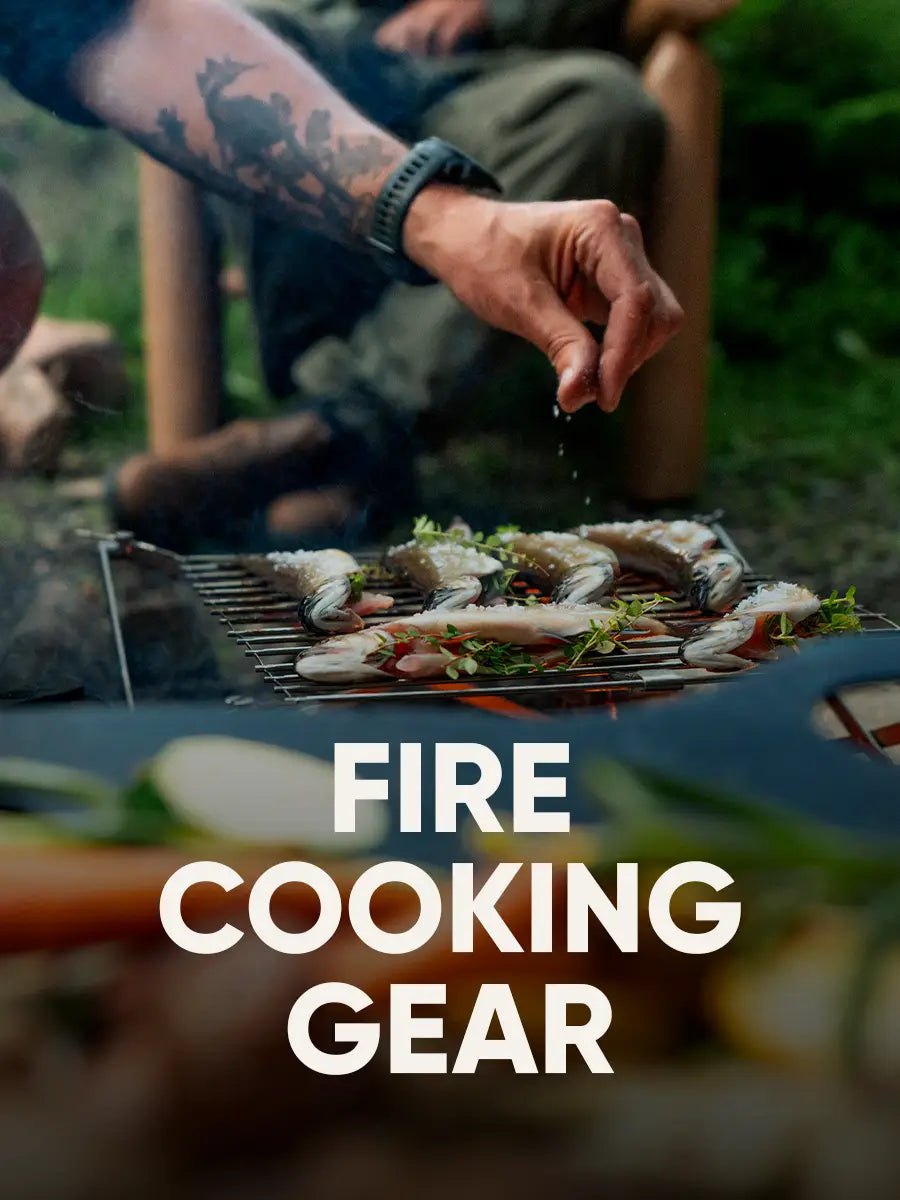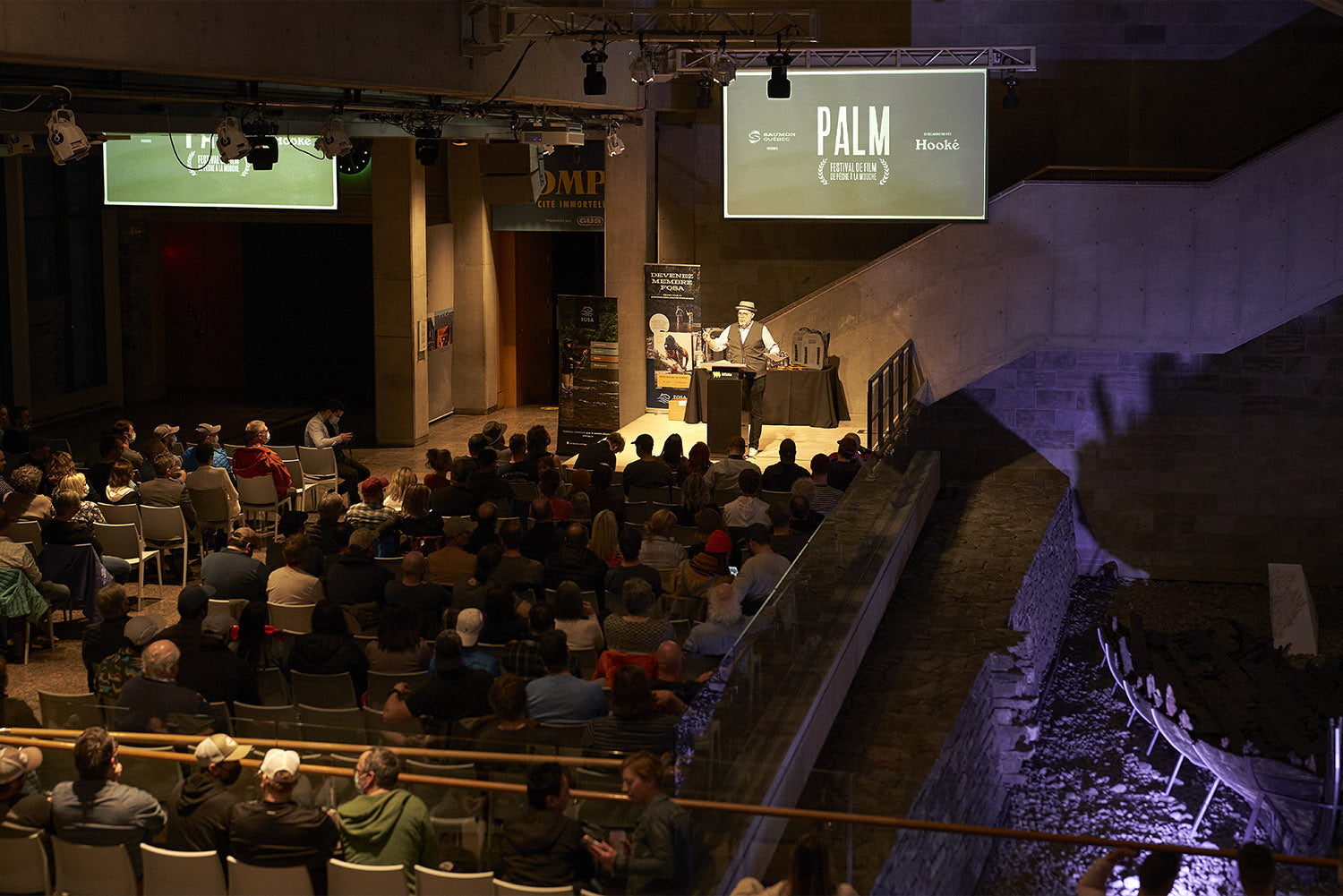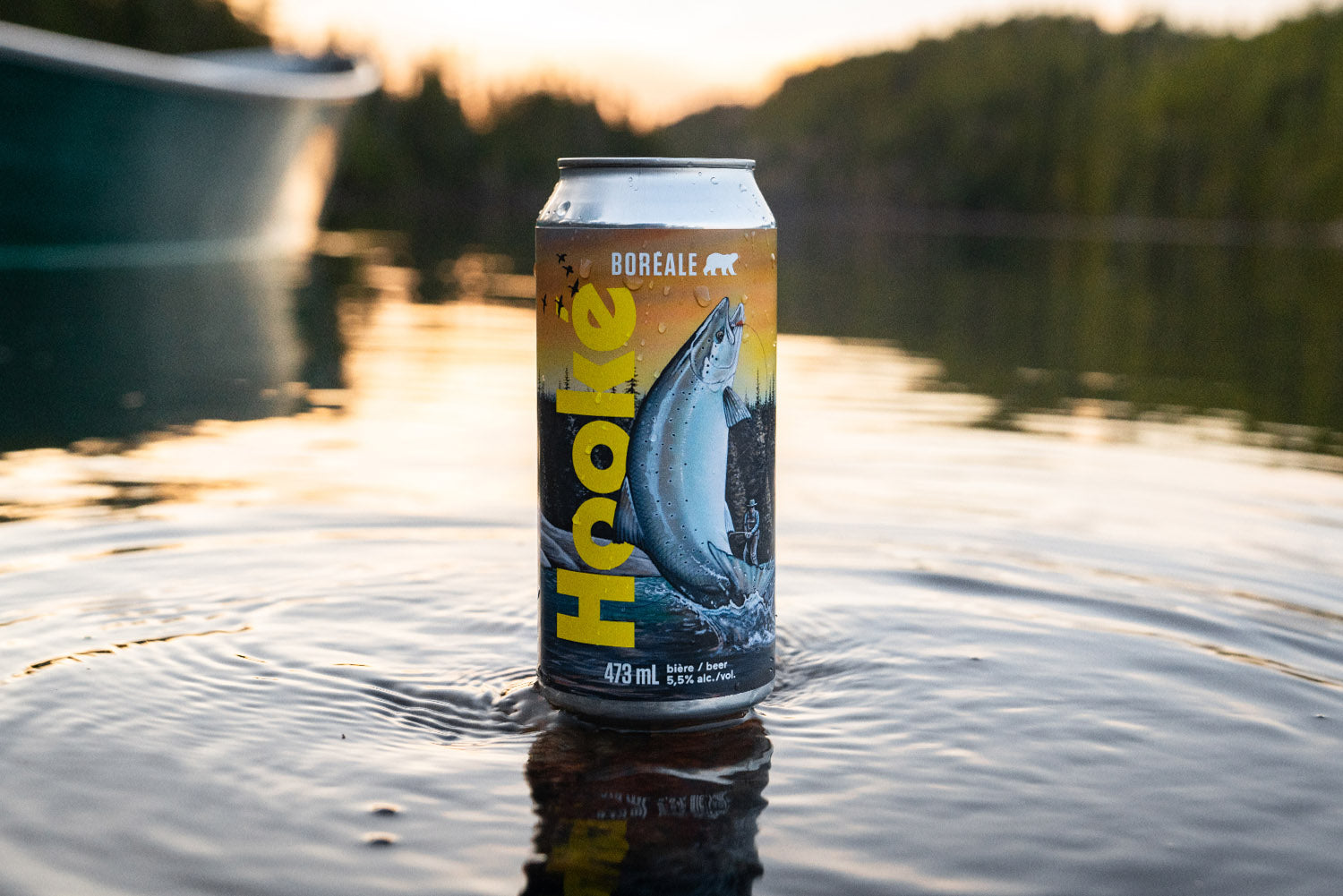Although one of ITAC’s objective is to promote the Indigenous tourism industry throughout the country, the protection of nature and traditional knowledge of Indigenous communities must go hand in hand with development. In this regard, the organization fulfills 12 of the 17 recommendations issued by the United Nations regarding its Sustainable Development Goals (SDGs). ITAC’s mission, 90% of whose employees are First Nation, is to value Indigenous experience, ensure viability of businesses, seek partnership opportunities, strengthen stakeholder leadership, raise awareness upon issues of racism against Indigenous peoples, foster contact and reconciliation among Indigenous peoples, and engage non-Indigenous population. It aims to be a platform of pride that uses the territory, the primary resource of Indigenous peoples, to set up infrastructures adapted to the needs of communities so that they recognize themselves within their respective companies, highlighting their authenticity to transmit their knowledge more easily.
"In indigenous communities, transmission of ancestral traditional knowledge has been happening from one generation to the next for millennia."

An Aboriginal man of the Huron-Wendat Nation and father of two, Sébastien is very concerned about the importance of transmitting his nation’s knowledge to the future generations, particularly those relating to the preservation of language, resources and the environment. In indigenous communities, transmission of ancestral traditional knowledge has been happening from one generation to the next for millennia. As most Indigenous parents and as his parents and grandparents did before him, he introduced his children to these ancestral values by taking them to the territory to make them aware of the importance of fauna and flora, introducing them to traditional fishing and hunting and thus making them aware of the different situations that could arise. He taught them to honor the beast taken by using all of its parts during the cutting so that nothing was lost. According to Sébastien, this process is part of the opposing forces in indigenous culture between good and evil which result in a return of the pendulum: “Everything is interconnected, it is part of the journey.” At school, indigenous children have fishing, hunting and trapping activities where they can connect with ancestral traditions. Across Canada, similar activities are being put in place to support parents in the transfer of knowledge and traditions, with respect for the ancestors who preceded them.
ITAC’s tourism offer provides specific niches for each region of the country declined in multiple services such as accommodation, art and crafts, culture and heritage, gastronomy, wildlife discovery in adventure version.

It combines Northern Lights viewing in the Yukon, steelhead fishing in British Columbia and polar bear watching in Nunavut. In Québec, the range is just as diverse with the organization of culinary feasts composed of forest products prepared by chefs, the drying of freshly caught fish, traditional tales of Indigenous legends around bonfire, teepee accommodation or the observation of the great caribou migration in Nunavik. The clientele comes from all over the world to enjoy the outdoor adventure and the change of scenery offered by our nordicity. No need to be seasoned adventurers to take part in the many experiences offered by Indigenous tourism businesses, as they are provided by experienced Indigenous guides well adapted to each adventure.
The partnership between ITAC and Hooké was born from these expeditions. Very close to traditional Aboriginal values, Fred Campbell has long been interested in these immense territories, captivated be the strength and fragility that emanate from them.
For him, it’s a huge privilege to have been able to admire it riches, to have lived unforgettable moments in an Innu family, to have fished the giant sturgeon in British Columbia or to have found himself in the presence of Johnny May, legendary Indigenous pilot. He is grateful to all the Indigenous communities who have trusted him and with whom he has been able to exchange know-how. In fact, he expresses this recognition well in the visual elements captured during theses expeditions which, according to Sébastien Desnoyers, accurately reflect the emotions of the moment. “These images democratize fishing and bring it back to precious moments spent with friends, to a relaxation session with the family where the ultimate goal is to have fun.”

In the wake of global economic lethargy, Canada’s indigenous tourism industry, the main source of revenue for Canada’s Indigenous communities (with its contribution to GDP of nearly $1.9 billion before Covid), has been inexorably slowed by the effects of the pandemic. For Sébastien Desnoyers, it’s time to see this scourge as an opportunity to get involved and get back together to develop a Reconciliation in Action. Experience Nature & Wildlife - Destination Indigenous


